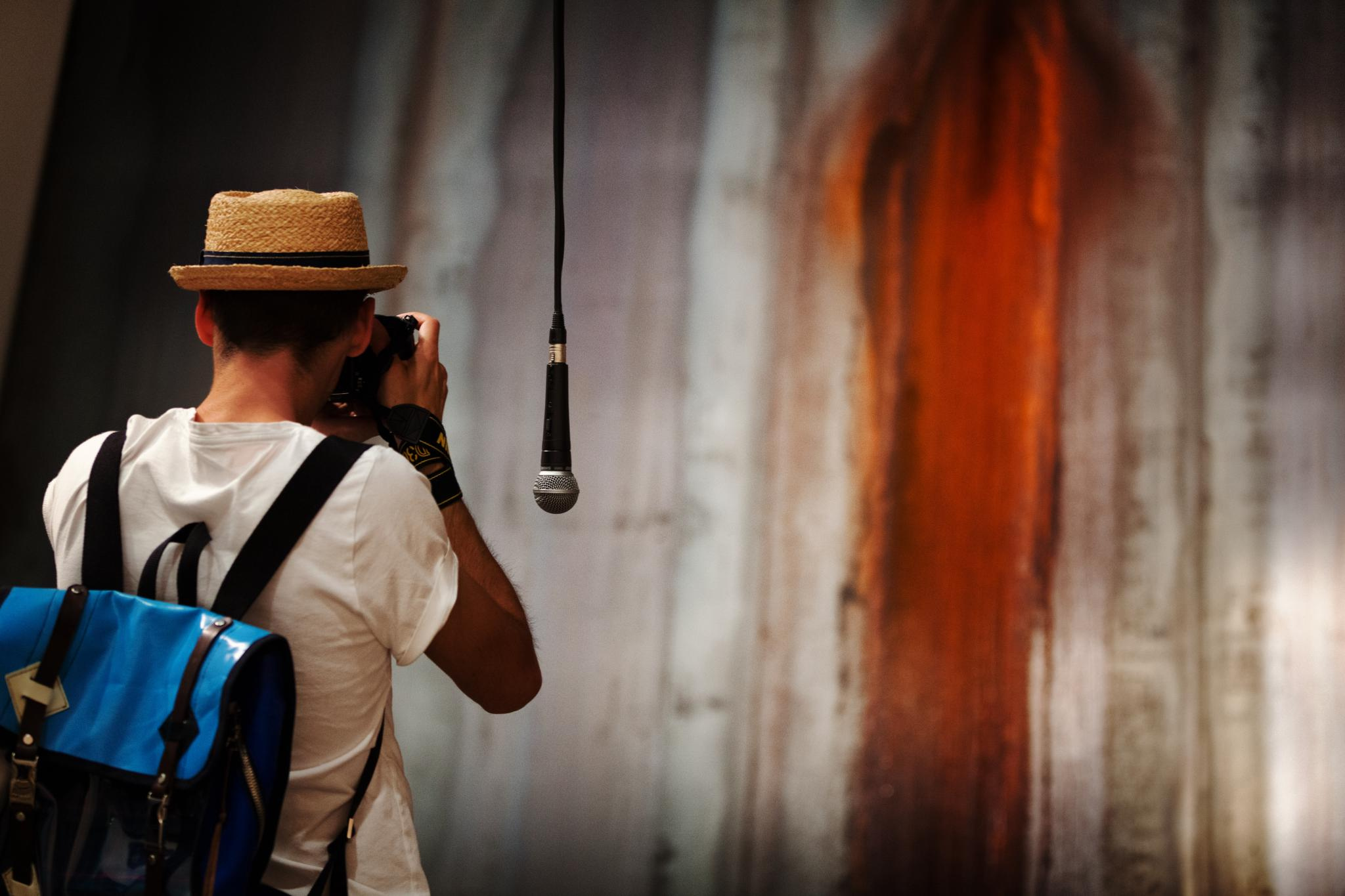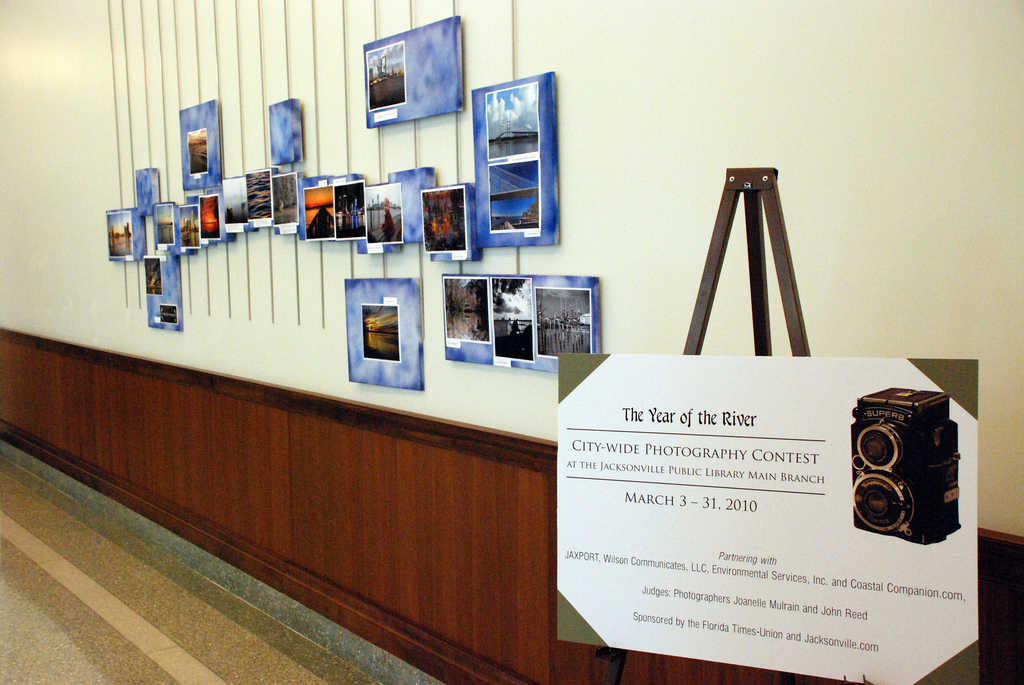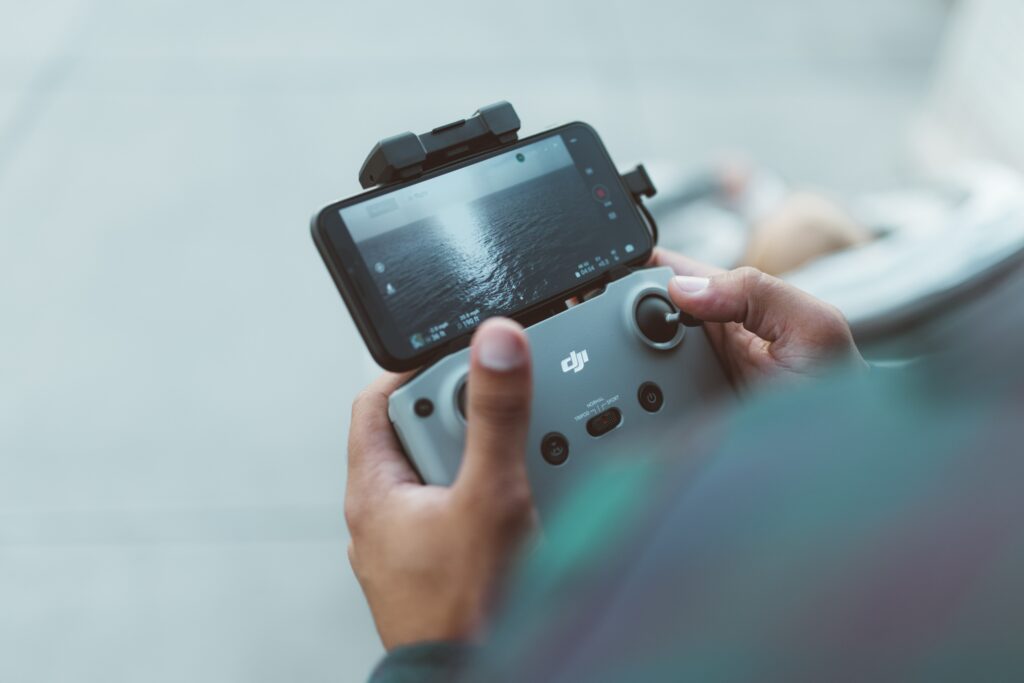Photography contests aren't for everyone, that's a given. And rightfully so–not everyone wants to parade their work around in front of a bunch a strangers who have no obligation to protect your feelings or ego, nor does everyone desire to put in all the work it takes to actually make a successful entry into the ever expanding pool of photo competitions.
I used to avoid entering competitions for both those reasons–then I became a judge. This year marked my third year judging the EyeTime Photography Competition which is a really great contest that puts young and emerging talent in the spotlight. I've also judged a few other online contests, including some for the popular website, ViewBug. Since becoming a judge, I've even mustered up enough personal momentum to enter some of my own photos into competitions for the very first time in my life. So, taking my recent experiences into consideration, I'd like to share some advice with those of you who may be curious about entering their work into a contest.
The Benefits
In my opinion, the primary benefit of entering a competition is giving yourself the opportunity to grow from and develop your photography skills by presenting your work to a panel of judges and peers. In some instances, the feedback you get from entering a contest is in itself worth taking the time to submit. However, the benefits of entering your work into a competition are plentiful. In some instances, there are monetary rewards in way of cash prizes and product giveaways. Others benefit from the recognition to be achieved with winning work, sometimes adding prestigious titles onto their resume, helping them secure grants and commissioned work. These are all perfectly valid reasons to enter your work in a photography competition.
The Downsides
Entering a photography contest, and being successful in them, can be time consuming. For me, the most time consuming part seems to be finding the right competition to enter. One that both suits my work and isn't some sort of underhanded scam. A lot of effort can–and should!–go into this phase. That being said, once you've got a list of trusted competitions built up, the pain of scouring the internet for a fitting competition somewhat eases.
Now, while we're on the subject of finding the right competition, let's talk about just how much emphasis you should put on this aspect…
This Is Really Important: Be Choosey
Not all photo competitions are created equal. It's really important you take the time to do your research, and read then re-read the fine print before you submit anything. There are a lot of credible photography competitions out there, but, unfortunately, there are also a lot of scams out there, too. These come in a variety of ways, with the most common being the ever sneaky rights-grab, as Jason Row has expands on, here.
A legitimate photography contest will never ask you give them full rights to your photos. Make sure this is not a stipulation as you are reading the terms!
Some best practices for deciding on the legitimacy of a photography competition are researching past winners and evaluating whether or not the contest benefited them in a way that you feel was worthwhile. For example, did the win lead to an exhibition or perhaps sponsorship?
Another thing to take note of is the reputation of the contest–is it a well known contest, and if so, is well known for the right reasons? A simple internet search is often enough to yield some background history on specific competitions and should help you establish a feel for whether or not it's a scam.
Do Your Research & Be Realistic
I also urge photographers to be cautions of competitions that charge an entry fee. Not only is this a red flag, the organizers are possibly in it for the money and not helping the photographic community, but for a lot of people–good photographers included–it can be a total waste of money. If you come across a contest that requires an entry, take your time to look at some of the past winners' and losers' work. If the winners historically have a style that is drastically different from your own, you may want to steer clear of the competition. Instead, spend a little more time finding a competition that prefers a style closer to your own. It can save you a lot of time and money. Of course, that advice can also be said of contests that do not require an entry fee!
Lastly, it's also worthwhile to be realistic when entering competitions. Some of the larger, more prestigious competitions can attract thousands of entries and only one will be a winner. Ever if you do submit an excellent photograph, at the end of the day, all art is subjective–you have to be prepared for the fact that what you see as a perfect and inspiring image might not catch the eye of everyone else. Learning to take this in stride is part of the challenge!








11 Comments
Good info here! I feel the same way about competitions that charge a fee. There is a site on my fb page that does that in order to post more of my pictures for photo competitions, i have to upgrade (pay a fee). Seems like a scam. I can submit my pix for stock agencies for free.
2 thoughts to reinforce the above –
Entry fees – Locally (Hampton Roads area Virginia), galleries use entry fees for prize money and for 2-3 days of accommodations for judges who have traveled from distant locations.
Local contests – A nationally known tourist site runs a contest for photos to put in a calendar. The prize is one copy of the calendar. The site assumes all rights to usage of the photo and no credit is given to the photographer in the calendar.
While competition has its merits, an alternative or initial step is to join a local photographic society. They will likely have a nominal membership fee, but multiple competitions per year with a far smaller field than international ones. You may actually benefit from speakers and programs as well. FWIW
That’s a great suggestion, John!
Good advice and well worth the time reading all of it.
There are also a lot of meet up groups that are free that you can join. I find I get the best critiques there.
I trumpet the idea of having entry fees. As you mention, not everyone “should” enter a competition. If they are brand new to photography, they need t learn how to control the beast (camera) and learn from instructors or camera clubs and get feedback that way. By having a fee, there is a level of seriousness added to it. This will also limit the number of images that have to be culled through and improve the quality of the images to be judged. It takes a long time to judge images, that’s most likely a professional’s time that’s being used. Don’t you think they should be compensated in some way?
I’m a member of the Northern Virginia Professional Photographers Association (www.nvppa.org). We have an entry fee where you can enter several images for one price. The money goes to help compensate judges who drive 1-2 hours through DC traffic to get to us down in Prince William County/Lake Ridgeone of them periodically gets Skyped in from Turks and Caicos! They are all PPA degreed judges and working professionals. The critiques they offer are solid advice that you can put into use immediately whether you are a working pro or a Joe going Pro. I can certainly understand the concern for having to pay for an entry on an online contest. Maybe there should be some kind of organization that photo contests can be a member of that they can badge their contest with to show they practice legitimate contests? Maybe there already is?
When you say you ‘became a judge”, you seem to be using the term in the same way as “selector”…… or do you look at up to 100 images in an evening, in front of an audience of those people that submitted them, and give critique, advice and praise as appropriate? If not, then you’re just being a ‘selector’….. John Brissette, in his post above mentions photographic societies – and that’s just about the only place that amateurs will get helpful feedback for their work, from experienced “club” judges (who may also have been selectors). These judges may appear at many clubs in their district – a bit like a ‘circuit judge’ – and they are usually experienced and knowledgeable.
On to Entry Fees for competitions, as a former club president (in Canada), I used to get all kinds of invitations for our members to take part in paid competitions. I used to consider how many people might enter, how much they were paying and how that compared to the prizes. Many of these competitions could be expected to gather five times (or more) in entry fees than was being spent on the prizes. Then there’s the question of the entrants having to sign away all rights to their work!
Highly recommend joining a photography club at any level. The images in our club are judged by nationally accredited judges, not by a selector, critical or club judge. The feedback from the judges is often controversial but that is exactly what photographers entering salons and competitions need to experience. There is always something to learn from feedback no matter who the judge is or what their qualifications are. Local clubs also network with other statewide clubs and national societies. They will guide you when entering salons and notify you of worthy competitions. All for a small fee.
Your view that paid entry competitions should be regarded as “red flags”, is potentially limiting. There are many bona fide competitions with excellent cash prizes and well-established judging panels. In fact, I would prefer to enter those than participate in free or (even worse) “voted” competitions that are won not by talent, but often pure luck. Yes, there are certainly dubious competitions out there for which the entry fee is no more than a money-making racket for the organisers. But, careful attention to the rules, judging panels and past winners can be time well spent in finding competitions that not only have good prizes but less entries than the free ones.
On many occasions I’ve looked at the “selectors” aka “judges'” own work and in my opinion their photographs are not up to standard for whatever reason. That is why judging competitions are considered personal opinions or subjective in my opinion. To charge a fee for a selective subjective judge is a ridiculous concept and something to stay away from, save your money.